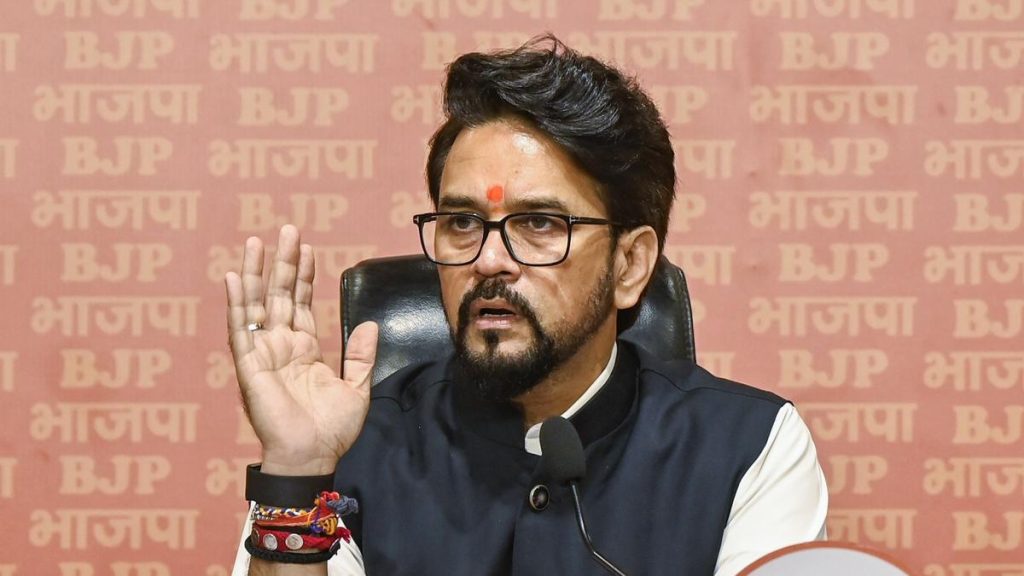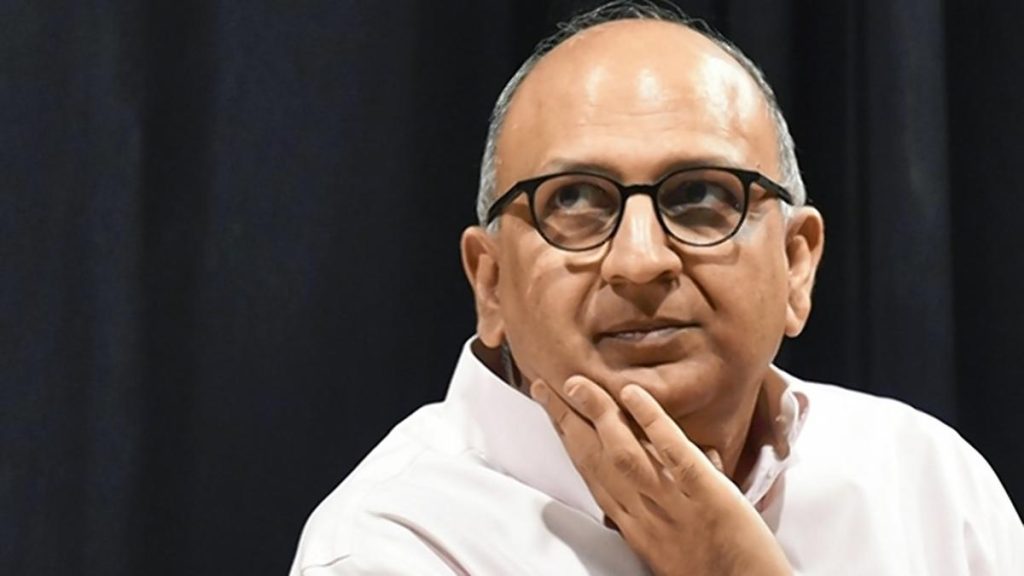Now Reading: Hyderabad Man Arrested for Sharing Explicit, Communally Sensitive Content Online
-
01
Hyderabad Man Arrested for Sharing Explicit, Communally Sensitive Content Online
Hyderabad Man Arrested for Sharing Explicit, Communally Sensitive Content Online

Fast Summary
- A 33-year-old man was arrested by the Hyderabad police’s cyber crimes wing for creating adn circulating sexually explicit and communally sensitive content on social media.
- He has been charged under Section 67(A) of the Details Technology Act, along with Sections 196(1) and 299 of the Bharatiya Nyaya Sanhita, and is currently in judicial custody.
- the accused allegedly used AI tools to generate morphed images incorporating religious symbols, aimed at provoking enmity between communities.
- Fake profiles were created by impersonating individuals from another faith; these accounts disseminated inflammatory content targeting his own community.
- The matter surfaced after a complainant flagged disturbing posts on August 23. Around 1,500 followers interacted with the fake accounts before they were reported.
- Hyderabad ACP R.G Siva Maruthi emphasized that this was a purposeful attempt to mislead people through blasphemous material designed to outrage modesty and provoke communal discord.
- Authorities have urged citizens not to circulate inflammatory posts online and provided resources like a helpline (1930) for reporting cybercrimes.
Indian Opinion Analysis
The arrest underscores growing challenges in regulating harmful online activity fueled by advanced technologies like generative AI. This case highlights how artificial intelligence can be weaponized to manufacture divisive content at scale, raising broader societal questions about digital tools’ misuse alongside their potential benefits. By impersonating individuals from another faith, the accused sought not only to target specific groups but also disrupt societal harmony-a risky precedent if unchecked.
India’s legal framework appears well-equipped in theory, employing both IT laws and provisions under Bharatiya Nyaya Sanhita for communal offenses. However, enforcement remains key as technology evolves faster than regulations do. Public vigilance will play an equally critical role in countering such attempts; educating users about identifying fake profiles or false narratives will further strengthen collective resilience against such manipulative tactics.
The government’s proactive measures-monitoring online platforms closely while providing citizens avenues like portal-based complaint systems-are vital steps toward fostering safe digital spaces.Read More: published – August 24, 2025
























